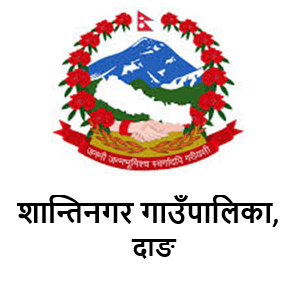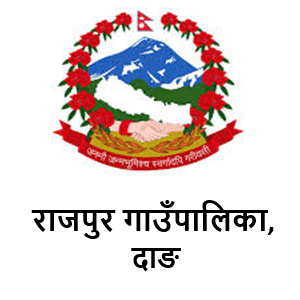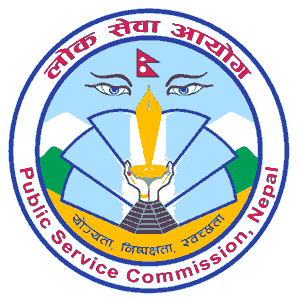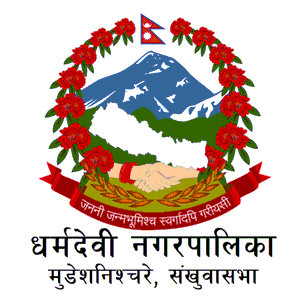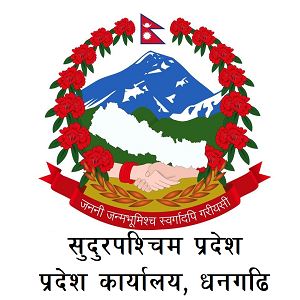Overview
Local Government Service of Babai Rural Municipality
Babai Rural Municipality, also known as Babai Gaupalika, is situated in Dang District under Lumbini Province. It was formed by merging the former Panchkule and Purandhara Village Development Committees (VDCs). Located 46 kilometers west of the district headquarters, Ghorahi, this rural municipality covers an area of 257.48 square kilometers. It is bordered by Shantinagar and Dangisharan Rural Municipalities to the east, Banke District to the west, Salyan District to the north, and Dangisharan Rural Municipality and Banke District to the south.
Babai Rural Municipality is a newly established administrative unit in Dang District with significant potential for development. The municipality is home to a politically aware population and motivated residents who are key drivers of sustainable development in the region.
Local Government Services:
The local government of Babai Rural Municipality is dedicated to providing a wide range of services to its residents, aimed at improving the quality of life and promoting sustainable development. Some of the key services provided by the municipality include:
-
Administrative Services:
- Registration of births, deaths, marriages, and migrations.
- Issuance of various certificates such as citizenship, land ownership, and business licenses.
- Maintenance of vital records and public documentation.
-
Health Services:
- Operation of health posts and centers providing primary healthcare services.
- Immunization programs, maternal and child health services, and family planning.
- Implementation of public health campaigns and disease prevention initiatives.
-
Educational Services:
- Management and oversight of community schools, including primary, lower secondary, and secondary education.
- Provision of scholarships and educational support programs for underprivileged students.
- Promotion of adult literacy programs and non-formal education.
-
Infrastructure Development:
- Construction and maintenance of local roads, bridges, and public buildings.
- Development of water supply and sanitation facilities, including the management of public toilets.
- Implementation of irrigation projects and promotion of modern agricultural practices.
-
Agricultural Services:
- Support for farmers through the provision of seeds, fertilizers, and agricultural tools.
- Promotion of sustainable farming practices and training in modern agricultural techniques.
- Facilitation of market access for agricultural products and encouragement of cash crop farming.
-
Social Welfare Services:
- Provision of social security allowances for senior citizens, single women, and people with disabilities.
- Implementation of poverty alleviation programs and income-generating activities.
- Support for vulnerable groups, including orphans, widows, and marginalized communities.
-
Environmental and Waste Management Services:
- Implementation of solid waste management programs, including waste collection and disposal.
- Promotion of environmental conservation through afforestation and protection of natural resources.
- Initiatives to reduce pollution and promote sustainable use of natural resources.
-
Disaster Management Services:
- Preparation and implementation of disaster risk reduction and management plans.
- Coordination of emergency response during natural disasters such as floods, landslides, and earthquakes.
- Provision of relief and rehabilitation services for disaster-affected populations.
-
Economic Development Services:
- Support for the establishment of small and medium-sized enterprises (SMEs) and local industries.
- Promotion of tourism by developing and marketing local attractions such as natural sites, cultural heritage, and religious festivals.
- Facilitation of vocational training and skill development programs to enhance employability.
-
Cultural and Heritage Services:
- Preservation and promotion of local culture, traditions, and heritage.
- Organization of cultural events, festivals, and fairs that showcase the unique traditions of the community.
- Support for the documentation and protection of intangible cultural assets.
Conclusion:
Babai Rural Municipality is committed to fostering inclusive and sustainable development by providing essential services to its residents. Through a combination of administrative efficiency, community participation, and strategic planning, the local government aims to enhance the quality of life for all its citizens while preserving the cultural and natural heritage of the region. The municipality’s focus on education, healthcare, infrastructure, agriculture, social welfare, and environmental conservation reflects its dedication to building a prosperous and resilient community.



